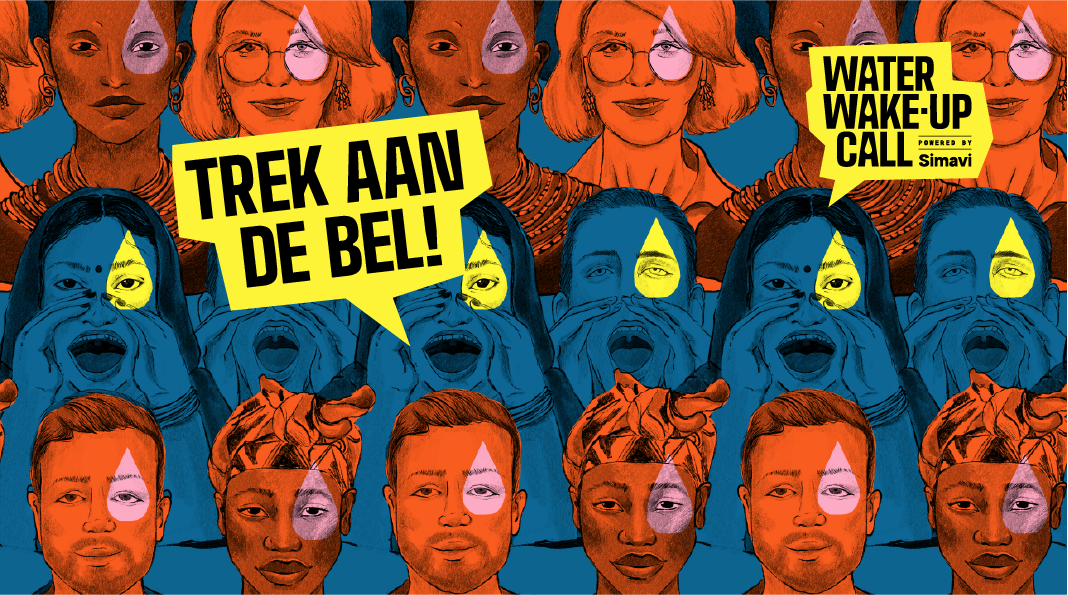Uganda, India, Nepal: the climate crisis is now
Sometimes it just hits you: climate change is making victims. Not in a distant future, but right now. Last week I was informed that a young water engineer from Uganda, involved with one of our partners, died tragically after doing a training. This happened when he tried to cross a river with his motorcycle on his way home. The strong current due to the extreme rainfall that Uganda is increasingly experiencing as a result of climate change, proved fatal to him.
Extreme temperatures and flooding
Other countries also experience life-threatening situations at the moment. Take the extreme heat wave that is affecting almost all of India. Temperatures rose above 50 degrees Celsius in some regions this weekend. “Before global warming, such temperatures in India occurred once every 50 years. Now once every four years," weather expert Mariam Zachariah told de Volkskrant. Can you imagine what that means if you don't have proper access to safe drinking water and sanitation? In Nepal, meanwhile, there are fears of flooding due to melting glaciers in the Himalayas.
Ensuring that life remains liveable
It shows that climate change is no longer something that only future generations need protection against. On the contrary, the current generations, especially the most vulnerable communities in low- and middle-income countries, already have to bear the consequences of the climate crisis today. Enough reason to do everything in our power to prevent further warming. But also to act now to ensure that life remains liveable. Safe drinking water and sanitation are the basis. A human right that is under severe pressure due to water shortages or pollution from flooding. Women and girls, who are often responsible for fetching drinking water, feel this like no other.

Knowledge and experience of women themselves
With the Water Wake-Up Call we as Simavi – together with these women and our partner organisations in Africa and Asia – sound the alarm. The water crisis must become one of the most important spearheads of Dutch and international climate policy. The main drivers of climate change must pay their fair share in tackling it. We must also keep our international promises. That means doubling the financing of climate adaptation, to deal with the consequences of the climate crisis. Financing that should primarily go to projects that women initiate themselves based on their knowledge and experience with sustainable water supplies. Not tomorrow but now. Support them and join our Water Wake-Up Call.
Deze column is ook te lezen via OneWorld.


